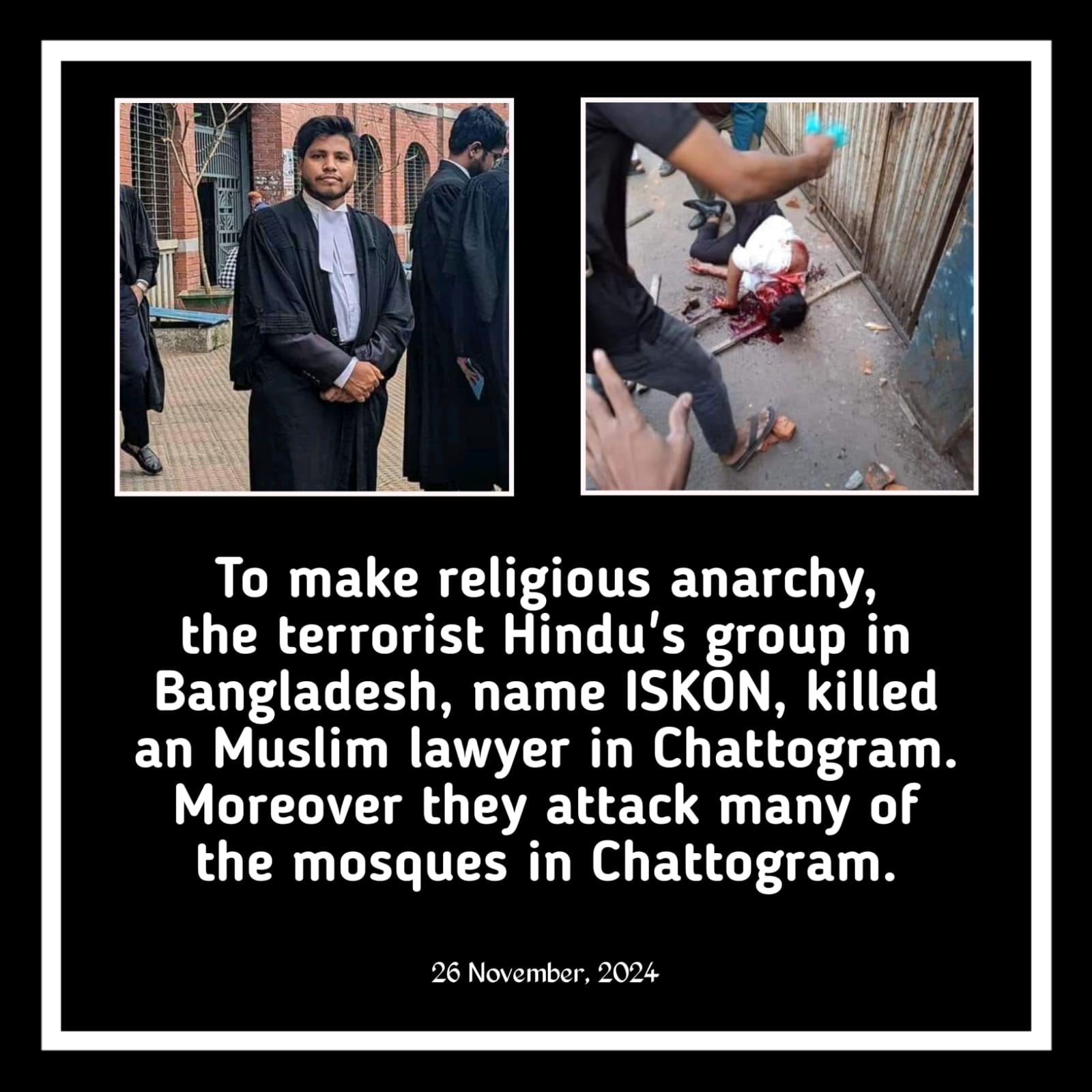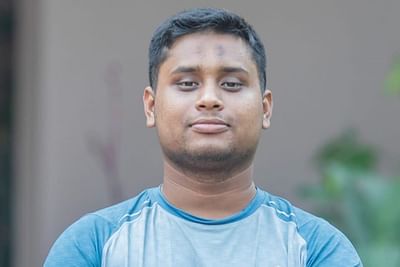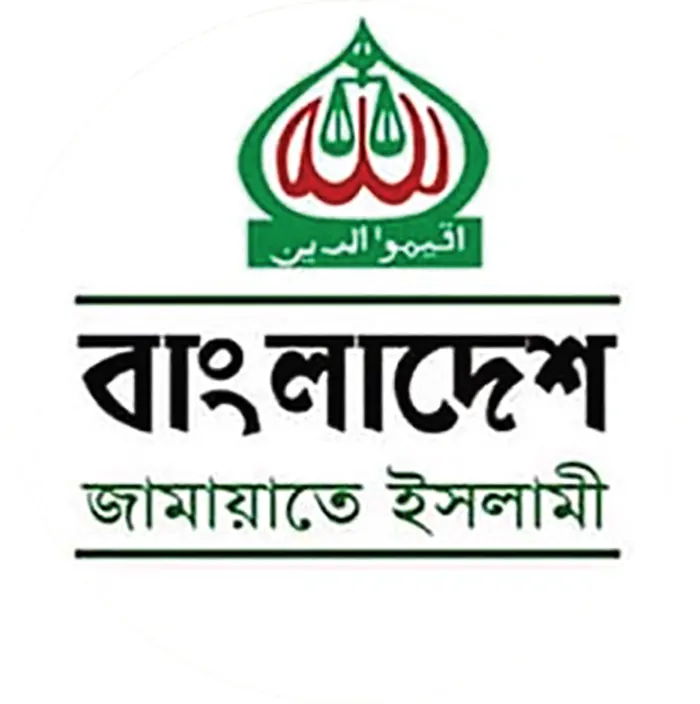London, UK – Lord Alex Carlyle, a cross-bench member of the House of Lords and former Liberal Democrat MP, hosted a significant meeting yesterday to discuss the current political situation in Bangladesh. Among the distinguished guests was Dr. Shafiqur Rahman, Chief of Bangladesh Jamaat-e-Islami, who delivered a keynote address.
In his opening remarks, Lord Carlyle highlighted his long-standing interest in Bangladesh, rooted in his previous role as the UK’s independent reviewer of terrorism legislation. He emphasized the importance of fostering political stability and rule of law in Bangladesh, particularly as the country transitions under an interim administration following the exit of the Awami League government.
“This meeting is not intended to be partisan,” Lord Carlyle clarified. “We are here to explore Bangladesh’s political and economic future and advocate for free and fair elections, with support from both local and international communities.”
Lord Carlyle also praised Bangladesh’s potential as a “tiger economy” and a leading nation among developing countries. He underscored the need for compromise and reconciliation, urging Bangladeshi political actors to avoid revenge-driven actions and focus on constructive dialogue.
The meeting featured Dr. Rupa Huq, a senior Labour MP, who lent her perspective on the importance of international engagement with Bangladesh. Dr. Huq, described by Lord Carlyle as “highly regarded,” has been a prominent figure in the British Parliament, having won four elections despite her relatively young age.
Dr. Shafiqur Rahman, the Amir of Bangladesh Jamaat-e-Islami, was welcomed as the keynote speaker. Lord Carlyle expressed his appreciation for Dr. Rahman’s presence, noting that his insights would be instrumental in understanding the challenges and opportunities facing Bangladesh.
“As we look forward to a prosperous future for Bangladesh, it is essential to prioritize the rule of law and political credibility,” Lord Carlyle said.
The meeting also allowed for a question-and-answer session, encouraging attendees, including members of the media, to share their perspectives and ask questions.
A follow-up meeting is scheduled, featuring representatives of the Bangladesh Nationalist Party (BNP), further reflecting the commitment of British parliamentarians to provide a platform for diverse voices from Bangladesh’s political spectrum.
Lord Carlyle concluded by reiterating his hope for a peaceful resolution to the current crisis, enabling Bangladesh to realize its vast potential on the global stage.
Dr. Shafiqur Rahman, Chief of Bangladesh Jamaat-e-Islami, delivered a compelling speech at the House of Lords, emphasizing the need for justice, democracy, and inclusivity in Bangladesh’s political landscape. Speaking at the invitation of Lord Carlyle, Dr. Rahman shared his vision for a united and prosperous nation while reflecting on the resilience of his party amidst decades of political persecution.
“Respected Chair, Lord Carlyle, Members of Parliament, and distinguished guests,” began Dr. Rahman. “It is a great honour to stand in this august institution, which carries a legacy of over 100 years. I extend my heartfelt gratitude to Lord Carlyle and everyone who made this significant gathering possible. Your unwavering commitment to democratic processes, human rights, and the rule of law is commendable.”
Dr. Rahman described Jamaat-e-Islami as an “oppressed organization” that has endured two decades of challenges but has continued its mission with resilience and hope. He recounted the recent wave of democratic revival in Bangladesh, driven by popular movements demanding justice, fairness, and reform of unjust systems.
“Our journey has been one of sacrifice and renewed hope,” he stated. “This is a story of victory for the people, led by determined citizens committed to achieving freedom and dignity. However, this progress has come at great cost, with nearly 2,000 individuals losing their lives and thousands more injured during the struggle.”
A Vision for Reform and Unity
Dr. Rahman highlighted Jamaat’s history of peaceful political engagement and its contributions to democratic reforms in Bangladesh, including its role in establishing a multi-party system and a caretaker government model that once ensured free and fair elections. He expressed concern over recent deviations from these principles, including the dismantling of the caretaker system and suppression of opposition voices.
“We believe that progress is best achieved through partnership, not conflict,” Dr. Rahman said. “Our vision is of a Bangladesh where social justice, the rule of law, and unity prevail. We are committed to promoting interfaith dialogue, peaceful coexistence, and inclusive policies that value every citizen, regardless of their beliefs or affiliations.”
Achievements in Governance
Reflecting on his party’s tenure in government, Dr. Rahman detailed key achievements, including:
- Agriculture and Food Security: Initiatives to empower farmers, increase productivity, and ensure food safety.
- Industrial Growth: Policies supporting local industries, creating jobs, and boosting economic growth.
- Social Welfare: Expanding benefits for the elderly and people with disabilities while enhancing healthcare for vulnerable communities.
- Education: Reforms to create a more inclusive education system that lays the foundation for sustainable development.
- Counter-Extremism: Efforts to curb extremism and promote national security through social cohesion.
“Our approach has always been grounded in transparency and ethical leadership,” he asserted. “Jamaat ministers set strong examples of integrity and worked tirelessly to build a society that prioritises justice, equity, and opportunity.”
A Call for International Support
Dr. Rahman concluded his speech by calling upon the international community to support Bangladesh’s democratic aspirations. He urged nations to help create a society rooted in social justice and sustainable prosperity.
“Our journey has shown that sincere leadership can enable Bangladesh to flourish,” he said. “Together, we can ensure that the sacrifices of our people were not in vain and that our shared vision of a just and thriving Bangladesh becomes a reality.”
The audience, which included parliamentarians, diplomats, and members of the media, was invited to engage in a question-and-answer session, marking the culmination of a thought-provoking discussion on Bangladesh’s future.










